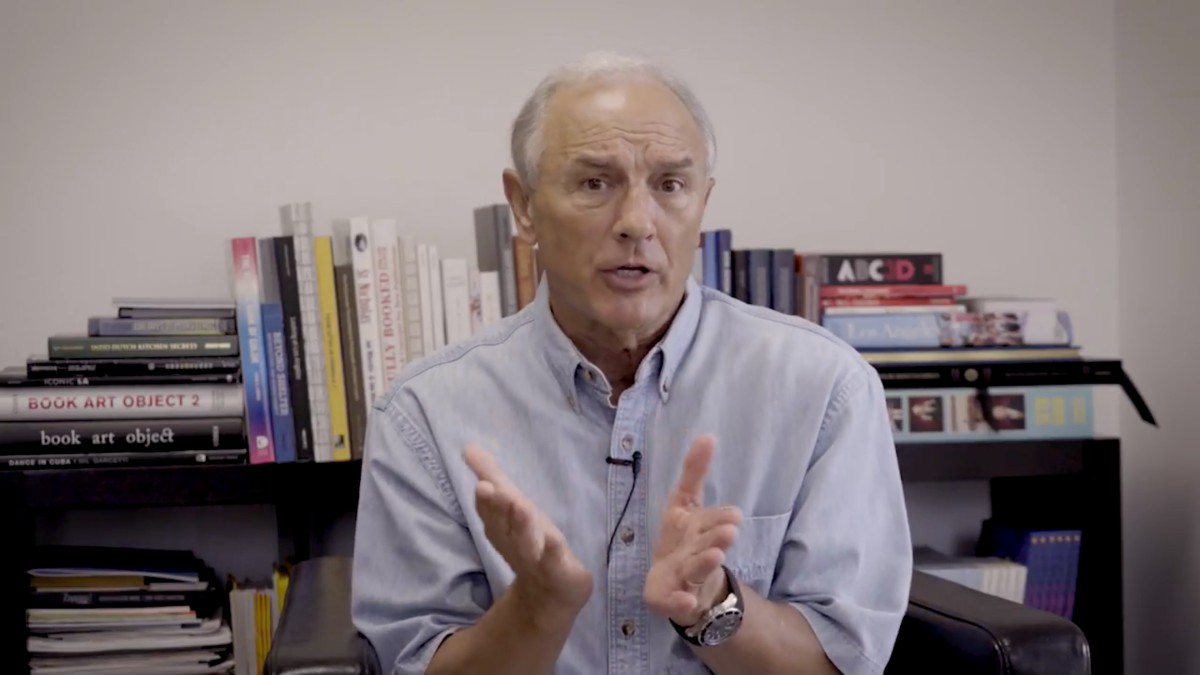Is true love only possible if one has the ability to do otherwise? Greg explores this question in relation to God’s love for us.
Transcript
Sometimes I get a question that I don’t completely understand the meaning of, in a certain sense. So here’s an example of that. How do you reconcile free will with a loving God? And when I heard the question I thought to myself, what exactly is the problem? If somebody were asking that to me in true Columbo fashion and genuinely I’d say, what do you mean by that that? That is, what is the conflict between God being a genuinely loving God and me acting with legitimate moral freedom, that is, the kind of freedom where I could do one thing or I might do another thing? I don’t see the conflict there.
You know, my wife loves me and I’m free. What’s the conflict? I don’t get it, you know. I’m free to do things she doesn’t like, but she still loves me. So I don’t see the inherent contradiction between loving someone and them being free. Now maybe the issue in some peoples’ minds is that this is God loving us and so God obviously occupies a different role in the big scheme of things, and maybe the question has to do with God’s redemptive love. That is, God loves in a redemptive way in addition to a general way. And this is very clear in Scripture though it’s controversial with some people, that makes them uncomfortable.
Okay, there is a love God has for everyone, for God so loved the world, the cosmos, His whole world system that He made and everybody in it, okay. But He also has a special love for those who are redeemed. That’s a redemptive love. In fact, He talks about it, Jesus does, in the upper room discourse at John 15 or so, you know, that if we follow Him then the Father will love them and make His abode with them So there seems to be a separate category of love, and I guess some people have wondered if God is loving me in a redemptive way and that means that the love of God is drawing me inexorably into His kingdom, does that violate my free will?
Well my simple answer is I don’t think it is a violation of freedom and because—and I’ve never heard anybody talk about this point before—because they always talk about love requiring freedom to be genuine love. But I don’t think that the love we have for anyone—and I’m not talking about acting in a loving way when we don’t feel loving and that happens with everybody we love at certain times—our kids, our spouses, our friends, whatever. And we have an obligation to act loving when we don’t feel loving—but when it comes to the experience of love for people that we have deep in our hearts—that is never chosen.
When did you start loving your kids if you love your kids? Right when they were delivered to you, maybe some of you before they were delivered. They’re inside and you experienced love for them. Did you make a choice? No, it just happened. When people get married, at least in the West, they get married because something happens to them. There is something about the other person that produces a desire, and an attraction, and a connection that we then make choices to act on. Like for example, will you marry me? Or, I do. You know, that kind of thing.
But the thing that motivates the question or the commitment is not something you’re choosing. It’s something that happens to you. And I’m just just suggesting to you to think about maybe this is the way God works in the hearts of people to draw them inexorably, in an elected sense if you will, into the kingdom in a way that can’t be resisted. He woos them with such power that they are changed inside and they want Him and so they choose Him. It’s their choice. It’s a free choice. They could have done otherwise, it seems to me, but no, they choose Him because they want Him. I don’t know, something to think about. But certainly the idea that God loves us doesn’t in my thinking in any way, any meaningful way, violate our freedom.

